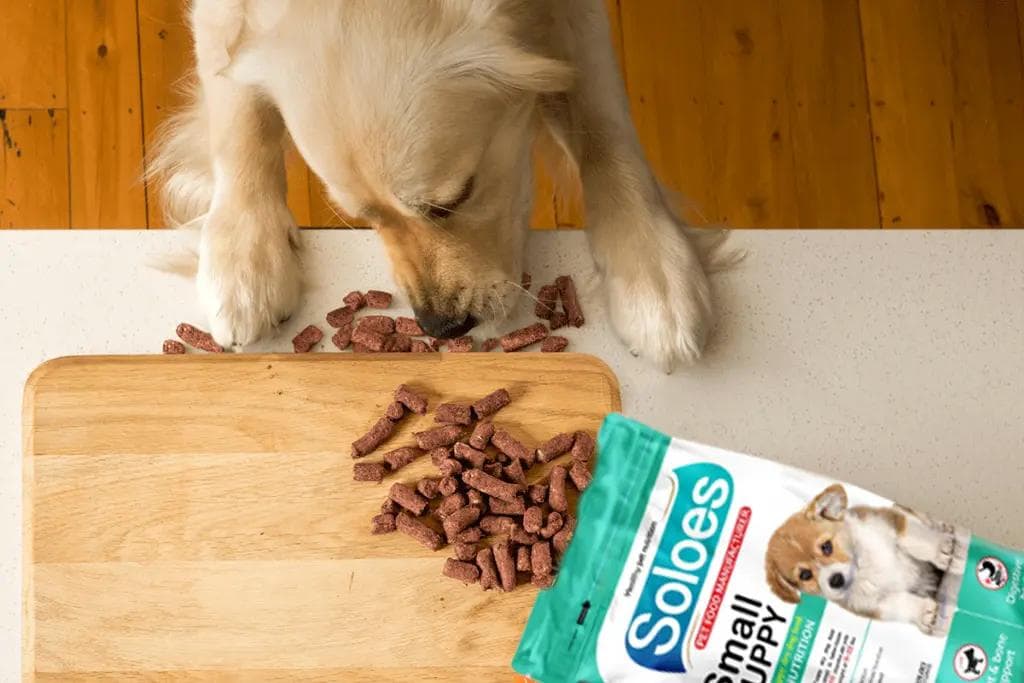Nutritional support for pregnant and nursing pets is crucial to ensure the health and well-being of both the mother and her offspring. During pregnancy and lactation, pets have increased energy and nutrient requirements to support fetal development, milk production, and maternal health. Providing the right balance of nutrients is essential to ensure a smooth pregnancy, healthy litter, and optimal growth and development of the offspring.
### Key Nutritional Considerations:
1. **Caloric Intake:** Pregnant and nursing pets require increased calorie intake to support the energy demands of pregnancy, lactation, and milk production. Gradually increase the amount of food offered to pregnant pets, aiming for a gradual increase in body weight throughout gestation. Nursing mothers may require two to four times their normal caloric intake to meet the energy demands of lactation.
2. **Protein:** Protein is essential for fetal development, milk production, and tissue repair. Pregnant and nursing pets should be fed diets with higher protein content to meet these increased demands. High-quality animal-based proteins, such as meat, poultry, and fish, provide essential amino acids necessary for growth and development.
3. **Fat:** Fat provides a concentrated source of energy and is essential for the development of the fetal brain and nervous system. Pregnant and nursing pets may benefit from diets with higher fat content to support the energy needs of lactation. Omega-3 fatty acids, found in fish oil, can also support healthy fetal development and immune function.
4. **Calcium and Phosphorus:** Adequate levels of calcium and phosphorus are essential for bone and teeth development in both the mother and her offspring. Pregnant and nursing pets should be fed diets with balanced calcium-to-phosphorus ratios to prevent deficiencies or imbalances that could affect skeletal health.
5. **Vitamins and Minerals:** Pregnant and nursing pets require increased levels of vitamins and minerals to support fetal development, milk production, and overall health. Ensure that their diet provides adequate levels of essential vitamins such as vitamin A, D, E, and B-complex vitamins, as well as minerals like iron, zinc, and selenium.
6. **Hydration:** Adequate hydration is essential for pregnant and nursing pets to support milk production and prevent dehydration. Provide access to fresh, clean water at all times, and monitor their water intake, especially during lactation.
### Specialized Diets for Pregnant and Nursing Pets:
Some pet food manufacturers offer specialized diets formulated specifically for pregnant and nursing pets. These diets are designed to meet the increased energy and nutrient requirements of gestation and lactation and may contain higher levels of protein, fat, vitamins, and minerals compared to regular adult maintenance diets. Consult with a veterinarian to determine the most appropriate diet for your pregnant or nursing pet based on their individual needs and health status.
### Conclusion:
Nutritional support plays a critical role in the health and well-being of pregnant and nursing pets. Providing a balanced diet that meets their increased energy and nutrient requirements is essential to support fetal development, milk production, and maternal health. Consult with a veterinarian or animal nutritionist to develop a customized feeding plan tailored to your pet's specific needs during pregnancy and lactation. With proper nutrition and care, you can help ensure a healthy pregnancy, successful birth, and thriving litter of offspring.
Nutritional Support for Pregnant and Nursing Pets
2023-12-10
Nutritional support for pregnant and nursing pets is crucial to ensure the health and well-being of both the mother and her offspring. During pregnancy and lactation, pets have increased energy and nutrient requirements to support fetal development, milk production, and maternal health.

